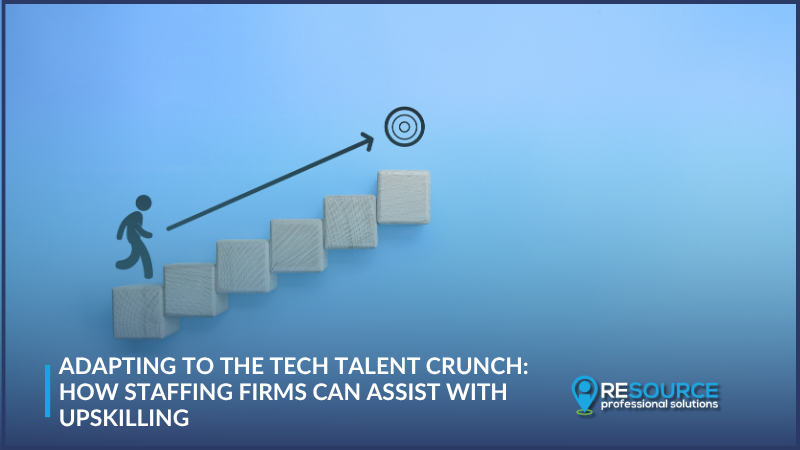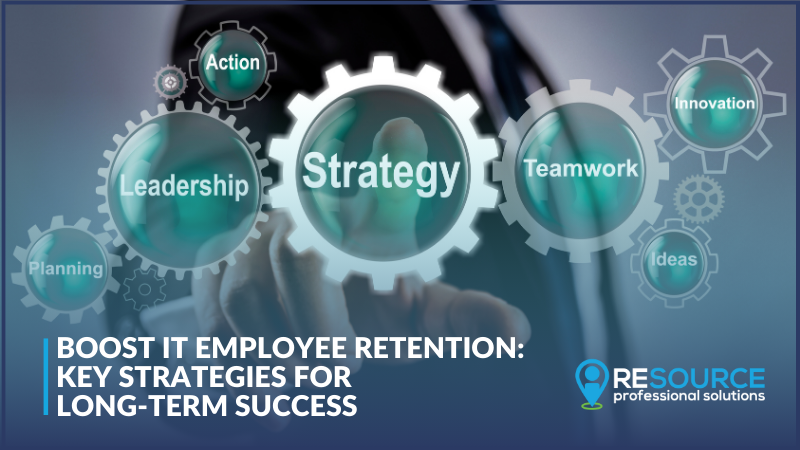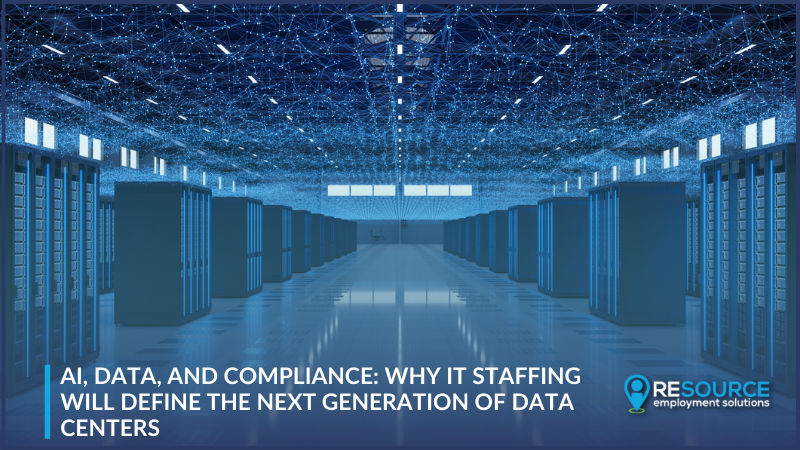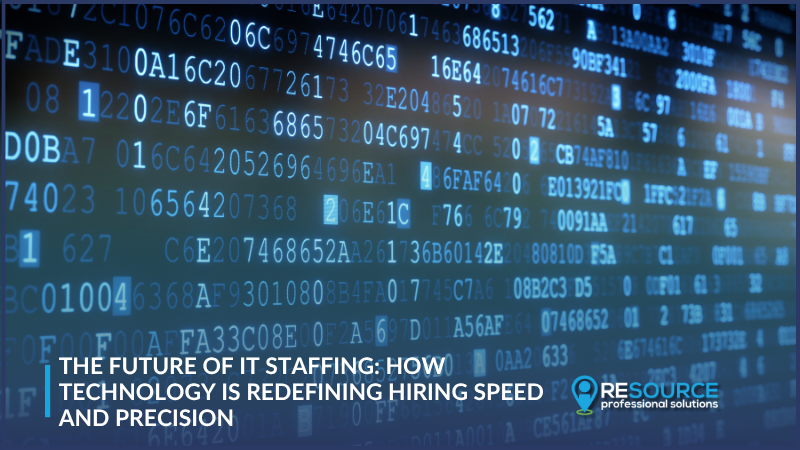Preparing for 2026: How New AI Disclosure Laws Will Reshape IT Compliance Roles
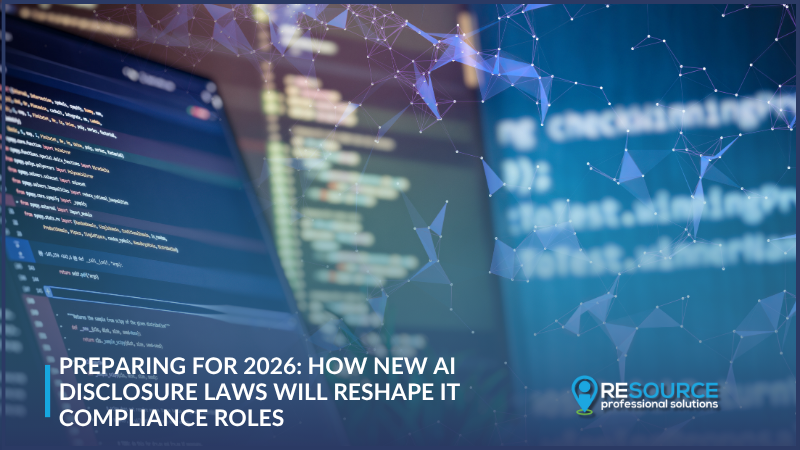
AI systems that can sound, look, and behave like real people are no longer futuristic; they’re here. But as these technologies expand, so does the demand for transparency. California’s new AI Disclosure Law (SB 243), taking effect January 1, 2026, will require AI systems to clearly identify themselves and submit annual safety reports. Similar federal and agency-level rules are expected to follow. At Resource Professional Solutions (RPS), we help organizations prepare for these shifts by connecting them with the right IT and compliance talent. From AI governance specialists to data protection officers, our candidates help ensure innovation stays compliant, ethical, and secure. Contact us today to strengthen your compliance readiness for 2026.
A New Era of AI Transparency
The line between human and artificial interaction is blurring fast. AI voices are reading call scripts, digital avatars are replacing virtual assistants, and even marketing campaigns are powered by AI-generated personalities.
Starting in January 2026, California’s new law will make it mandatory for companies using these technologies to disclose when users are engaging with AI. Systems that simulate humans through voice, text, or likeness must clearly state their nature and maintain a record of how data and interactions are managed.
While the law begins in California, many organizations are proactively reviewing compliance processes nationwide. Federal agencies including the FTC and Department of Commerce are developing similar frameworks to regulate AI identity, deepfake use, and data transparency.
This upcoming wave of oversight is creating a new staffing priority: professionals who can bridge the gap between IT systems, regulatory standards, and business ethics. That’s where RPS comes in.
1. The Rise of AI Compliance Roles
Businesses are realizing that building compliant AI isn’t just a technical task; it’s a governance challenge. RPS helps organizations recruit AI compliance officers, IT risk managers, and AI audit specialists who ensure systems meet legal and ethical expectations.
These roles go beyond traditional cybersecurity; they combine data literacy, legal understanding, and transparency-by-design thinking. As disclosure laws expand, demand for these professionals is expected to grow by double digits through 2026.
2. Technical Teams Face New Documentation Standards
Developers and IT teams will need to keep auditable records of how AI systems process voice, likeness, and text data. That means companies must recruit software engineers and data governance experts capable of implementing documentation tools, consent management frameworks, and traceability logs.
RPS supports businesses in finding these specialized IT professionals, people who understand both code and compliance.
3. Finance & Accounting Support for Risk Oversight
Compliance doesn’t end with IT. Financial accountability is critical as companies report on AI use, licensing, and ethical risk management. Our Finance & Accounting professionals help organizations integrate compliance into reporting cycles, ensuring accuracy across audits, budgets, and disclosures.
4. Building a Cross-Functional Workforce for Responsible AI
The future of AI transparency won’t rely on one department. It requires collaboration between IT, finance, and legal teams—each aligned under a common compliance framework. RPS connects organizations with the professional expertise to make that happen.
Partner with RPS to Prepare for 2026 and Beyond
AI’s next chapter will demand more than innovation—it will demand accountability. Companies that prepare now for disclosure laws like California’s SB 243 will be positioned to lead with confidence as new regulations emerge nationwide.
At Resource Professional Solutions, we specialize in professional staffing across IT, Energy, Engineering, and Finance & Accounting—helping organizations build compliant, future-ready teams.
Contact us today to strengthen your workforce and stay ahead of evolving AI regulations.
Your IT Staffing Questions Answered
It’s a new regulation effective January 1, 2026, requiring AI systems to identify themselves and provide safety documentation for high-risk operations.
Companies will need specialists in AI compliance, governance, and documentation, creating new cross-functional IT roles. Contact Resource Professional Solutions today to stay ahead of upcoming staffing demands.
Yes. Many federal agencies and other states are expected to introduce similar disclosure standards in 2026.
Learn More About Our IT Staffing Solutions
Schedule A Comprehensive Needs Analysis
Professional Staffing Solutions | IT Staffing | Recruitment Solutions | How New AI Disclosure Laws Will Reshape IT Compliance Roles

